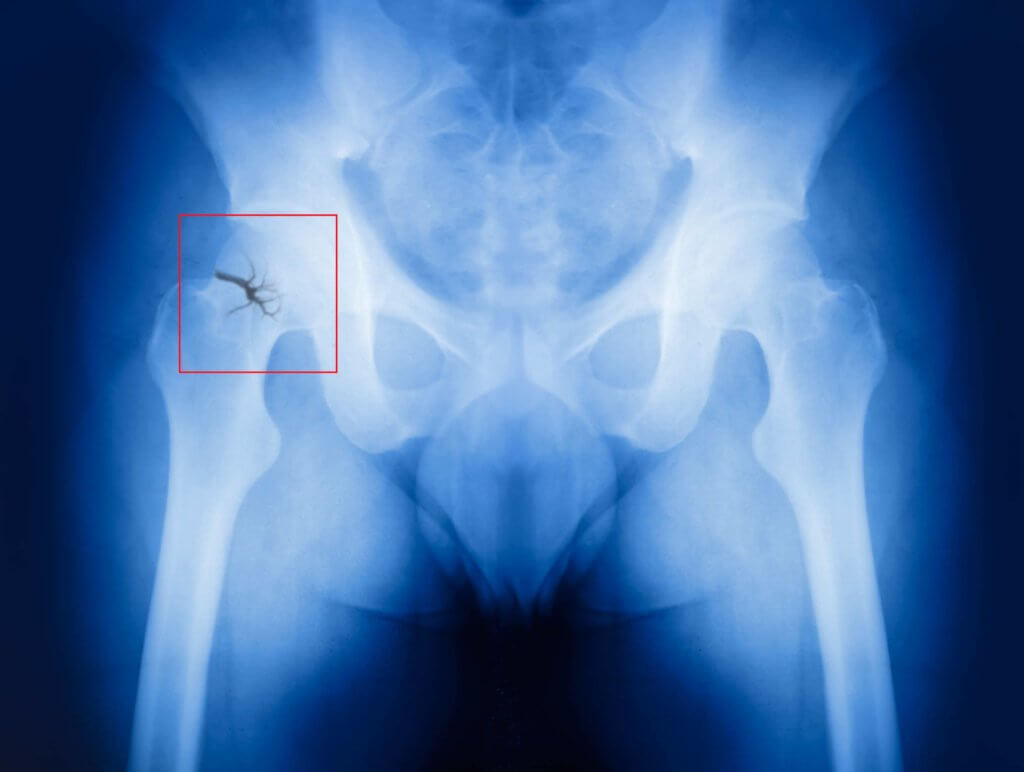What To Expect While Recovering From A Hip Fracture
Any time someone fractures a bone, it’s a significant injury that needs treatment. While many fractures heal without surgery, a hip fracture isn’t like other injuries.
Hip fractures are most common among older patients, with bones weakened due to osteoporosis. Although falls are the most common cause of a broken hip, some patients report that their leg “gave out” and broke. Regardless of the cause, hip fracture recovery isn’t always as straightforward as it may be with other fractures.
At South Island Orthopedics, our board-certified team of surgeons is experienced in treating hip fractures and ready to guide you through every step of treatment and recovery, which typically includes surgery and rehabilitation. We’re committed to helping you at every step, with the ultimate goal of helping you walk again as soon as possible. Here’s what to expect from that process.
Diagnosing and Treating Hip Fractures
 In most cases, a hip fracture makes it impossible to walk, meaning most patients have to be transported to an emergency room by ambulance.
In most cases, a hip fracture makes it impossible to walk, meaning most patients have to be transported to an emergency room by ambulance.
Surgery to repair a broken hip bone is typically necessary as well. First, you would receive an orthopedic examination to determine the extent of the injury. Then, you would need a medical evaluation to determine whether you’re healthy enough to tolerate surgery, and identify steps to minimize risks. This may require consulting with additional specialists, including cardiologists, pulmonologists, and others.
Because not all fractures are the same, surgeons rely on several different techniques to repair them. “Most hip fractures can be repaired with minimally invasive techniques. All techniques share the same ultimate goal—to allow the patient to try to get up and walk as soon as possible,” says Dr. Jonathan R. Malle. Hip pinning or internal fixation is a technique in which pins or screws are used to hold the broken bone together until it heals. Some patients may need a full or partial hip replacement.
The Hip Fracture Recovery Process
A hip fracture is a serious injury, and it takes significant time to heal. Although the bone is generally better in 10-12 weeks, regaining strength and mobility takes much longer.
Depending on your overall health, it’s usually at least six months before you are near full hip fracture surgery recovery. Most people achieve “full” recovery within a year, but that looks different for everyone. About half of people who break a hip never fully regain the same level of mobility they had before the injury.
That doesn’t mean you cannot walk again, though. Hip fractures and subsequent surgery can stress the body, so expect to remain in the hospital for a few days after the procedure for observation and monitoring and to begin the recovery process. After getting out of bed and moving around — which usually happens within a day of surgery —recovery includes physical therapy to build strength, balance, coordination and greater range of motion.
Physical therapy is vital to the hip fracture recovery process, and allows for the return of a normal routine. Rehabilitation usually starts with simple chair exercises, then progresses to stepping, walking, and stair climbing, with the aid of a crutch or walker. Over time you may switch to a cane, and with improvement, eventually begin walking without assistive devices.
Going Home After Fracturing a Hip
 Hip fracture recovery time varies, and everyone recovers at their own pace. That said, most older people need ongoing assistance with daily activities such as cooking, bathing, and walking after leaving the hospital. Arrange to remain under the care of a family member, friend, or trained professional during your recovery period.
Hip fracture recovery time varies, and everyone recovers at their own pace. That said, most older people need ongoing assistance with daily activities such as cooking, bathing, and walking after leaving the hospital. Arrange to remain under the care of a family member, friend, or trained professional during your recovery period.
Although there have been many advancements in minimally invasive surgical techniques and medical management of patients, hip fracture surgeries are complex procedures that can cause long-lasting consequences. However, the ongoing effects can be reduced by keeping the following tips in mind:
- Take great care and caution to avoid falling, which reduces the risk of re-injuring the area.
- Take medications as directed by your doctor; for example, you may be given blood-thinning medication after surgery to reduce the risk of a life-threatening blood clot.
- See your doctor regularly to manage any medical conditions that could increase the risk of another fall.
- Keep your physical therapy appointments, and follow through with at-home exercises assigned by your therapist.
- Maintain a safe home environment with adequate lighting and no tripping hazards, like loose rugs or cords.
- Avoid smoking and excessive alcohol consumption, which reduce bone density. Alcohol also increases fall risk.
- Take vitamin D and calcium supplements to support bone health as recommended by your doctor.
- Schedule annual eye exams to address vision problems that could contribute to a fall.
Hip Fracture Treatment from South Island Orthopedics
If you fracture your hip, you can count on the team at South Island Orthopedics for exceptional care from diagnosis through recovery.
Our team of medical consultants and specialists is with you at every step of the way; starting with diagnosing your condition using advanced imaging (including in-house MRI) through conservative, non-surgical options and state-of-the-art surgical procedures when needed, rigorous rehabilitation and physical therapy from highly trained and qualified staff. SIO offers everything you need for hip fracture treatment in a single-stop where you can feel confident in the care you’re getting at every phase.
If you have questions or want to learn more about South Island Orthopedics, request an appointment today.
Tagged with: Dr. Jonathan Mallen, Hip Fracture, Hip Fracture Recovery, long island orthopedics
Posted in: Hip
